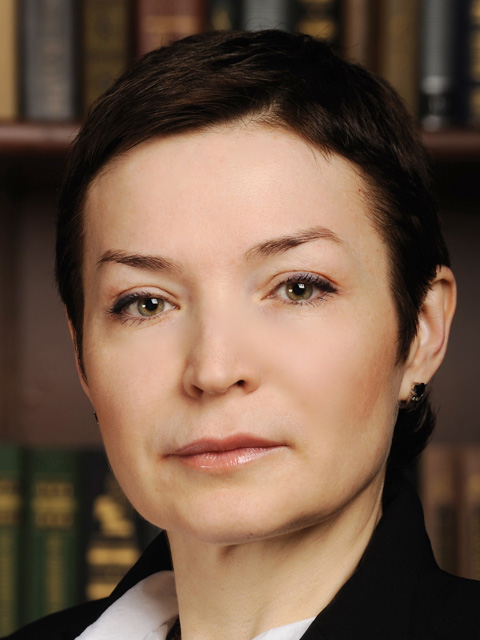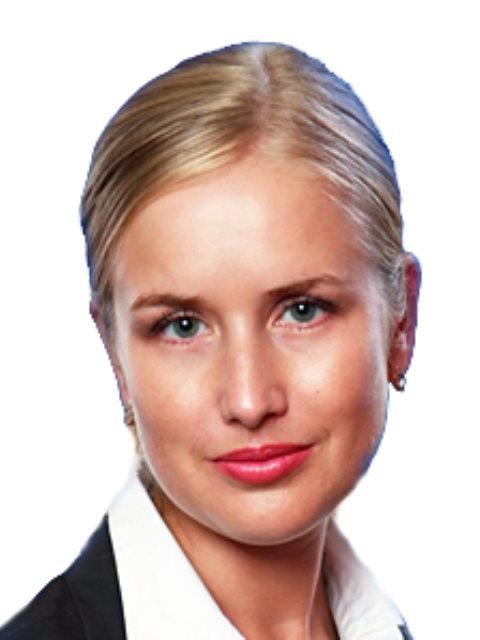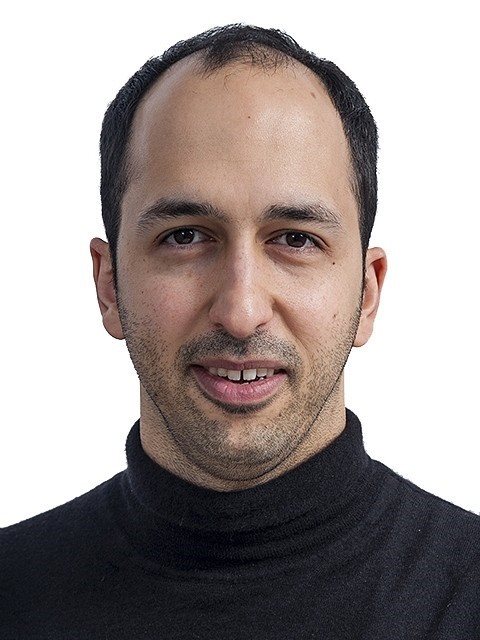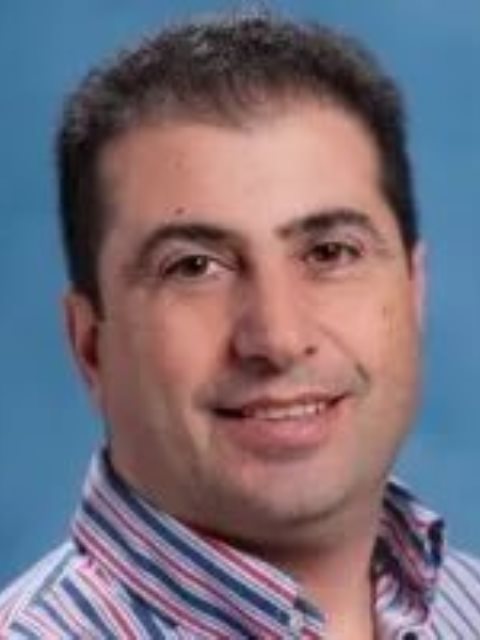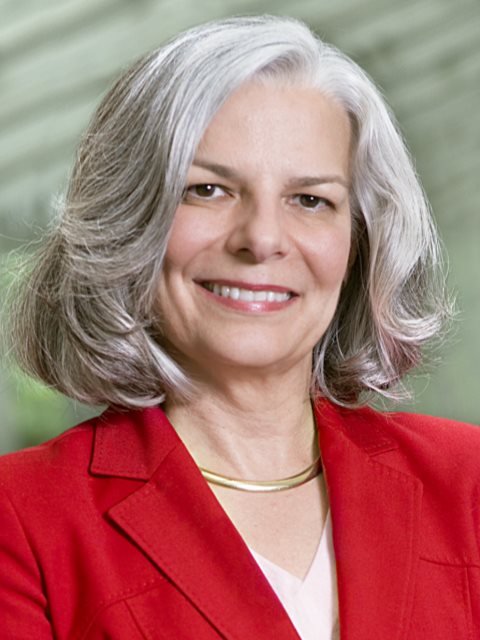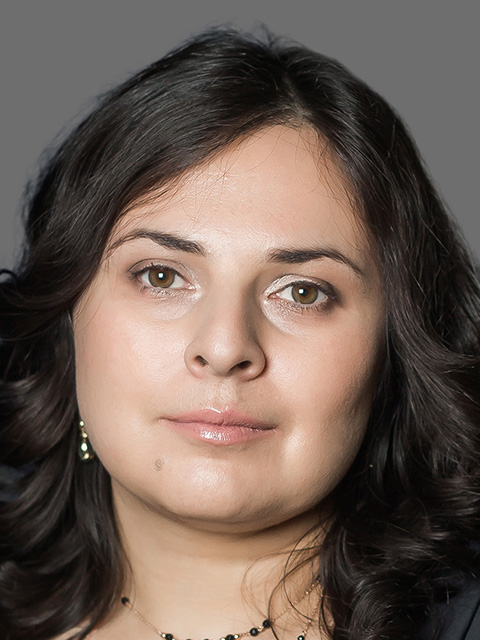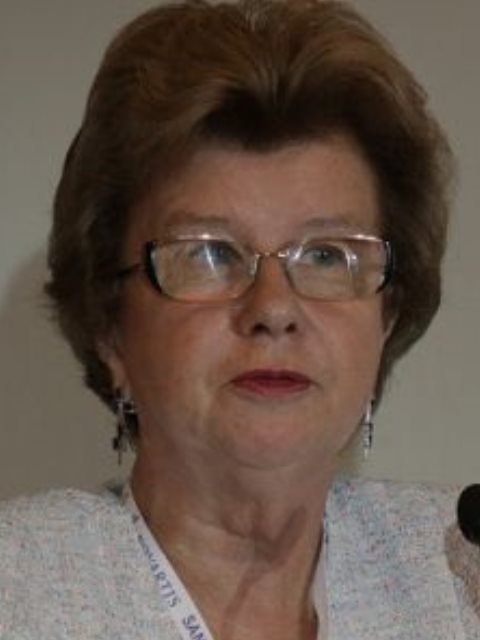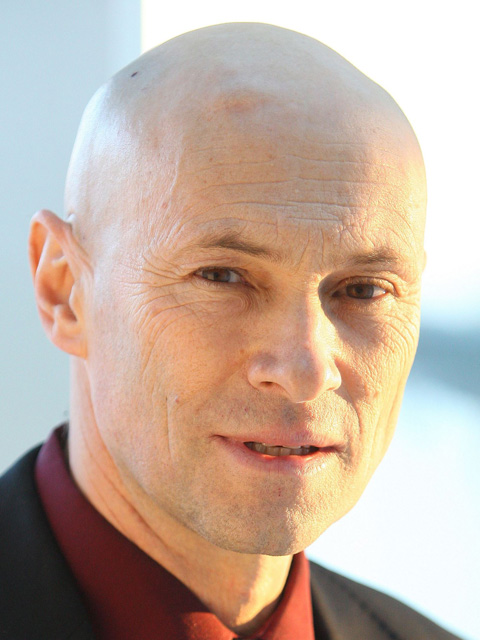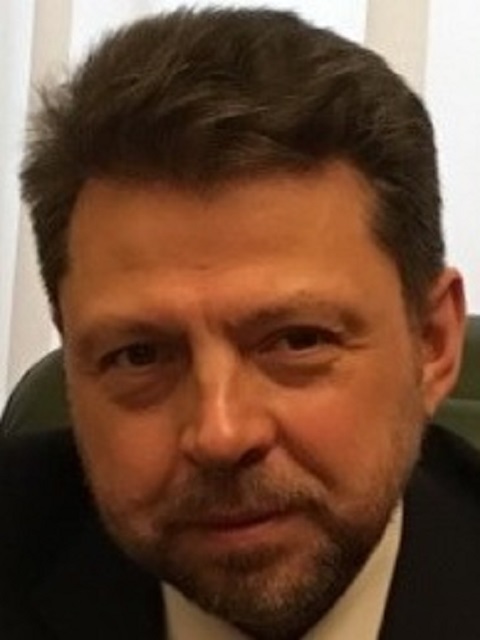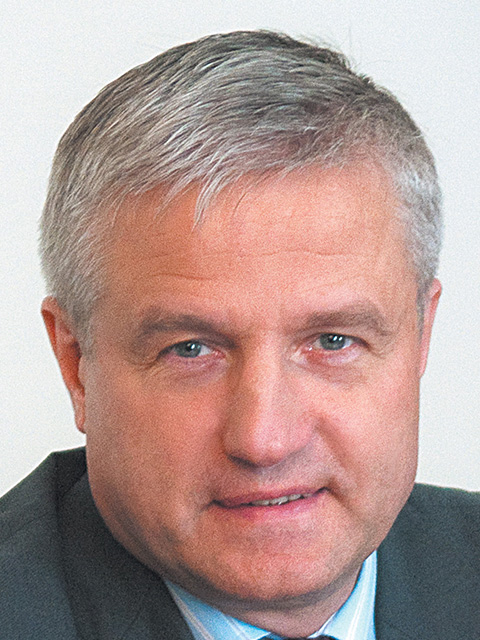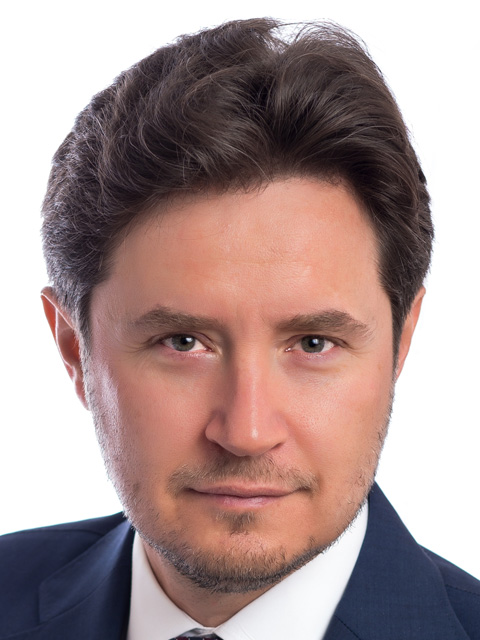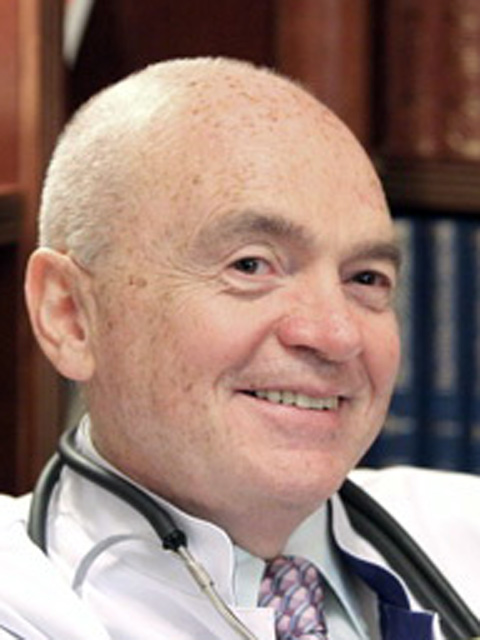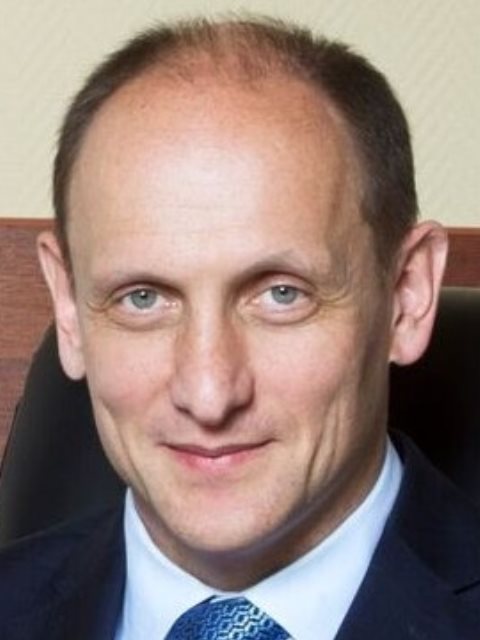Healthcare Transformation: How Will Modern Technologies Change Lives?
The use of artificial intelligence has changed our way of life to the extent that we now expect a radical transformation of the way medical care is provided. Users must not only understand the possibilities of digital medicine but also benefit directly from using it. Mobile devices, technologies and applications, including cloud computing with mobile access to medical information, social media facilitating patient-doctor communications, and big data analysis allowing access to diagnostic information anytime and anywhere, will form the backbone of the modernization of global health systems. Robotics, nuclear medicine, cloud services, telemedicine, artificial intelligence, and 3D organ printing are already here. In the new healthcare paradigm, breakthrough technologies are the cornerstone of its transformation and will allow us to achieve three main goals: reduce costs, improve quality, and increase the availability of medical care. What will healthcare look like in ten years’ time in Russia and elsewhere globally? Who will treat people in 20 years: a robot or a doctor? Will artificial intelligence be able to offer human touch such as communication, care, and decision-making when providing medical care? How can digital technologies affect the transparency and availability of medicines to the public? Which investments in digital healthcare are the most promising?
Moderator
Guzel Ulumbekova,
Head, Higher School of Healthcare Organization and Management
Panellists
Elena Boyko,
Deputy Minister of Health of the Russian Federation
Dan Vahdat,
Co-Founder, Medopad
Kostas Varlas,
Regional European Director, Diagnostics Division, Abbott
Julie Gerberding,
Executive Vice President, Strategic Communications, Global Public Policy and Population Health, Chief Patient Officer, MSD
Armais Kamalov,
Director, University Clinic, Lomonosov Moscow State University; Head of the Urology and Andrology Department, Faculty of Fundamental Medicine, Lomonosov Moscow State University
Nina Kandelaki,
President, Chief Executive Officer, GE Healthcare Russia and CIS
Nelli Naigovzina,
Depurty Head, Analytical Center for the Government of the Russian Federation
Arkady Stolpner,
Chairman of the Board, Sergey Berezin Medical Institute
Vladimir Chekhonin,
Vice President, Russian Academy of Sciences; Head of the Department of Medical Nanobiotechnology of Medical and Biological Faculty, N.I. Pirogov Russian National Research Medical University of the Ministry of Health of the Russian Federation
Front row participants
Sergey Bagnenko,
Rector, Pavlov First St. Petersburg State Medical University of the Ministry of Health of the Russian Federation
Ivan Belozertsev,
Governor of Penza Region
Kirill Kaem,
Senior Vice-President for Innovations, Skolkovo Foundation
Grigory Roytberg,
Chief Executive Officer, Medicina
Igor Khatkov,
Chief Non-Staff Specialist Oncologist, Moscow City Healthcare Department




